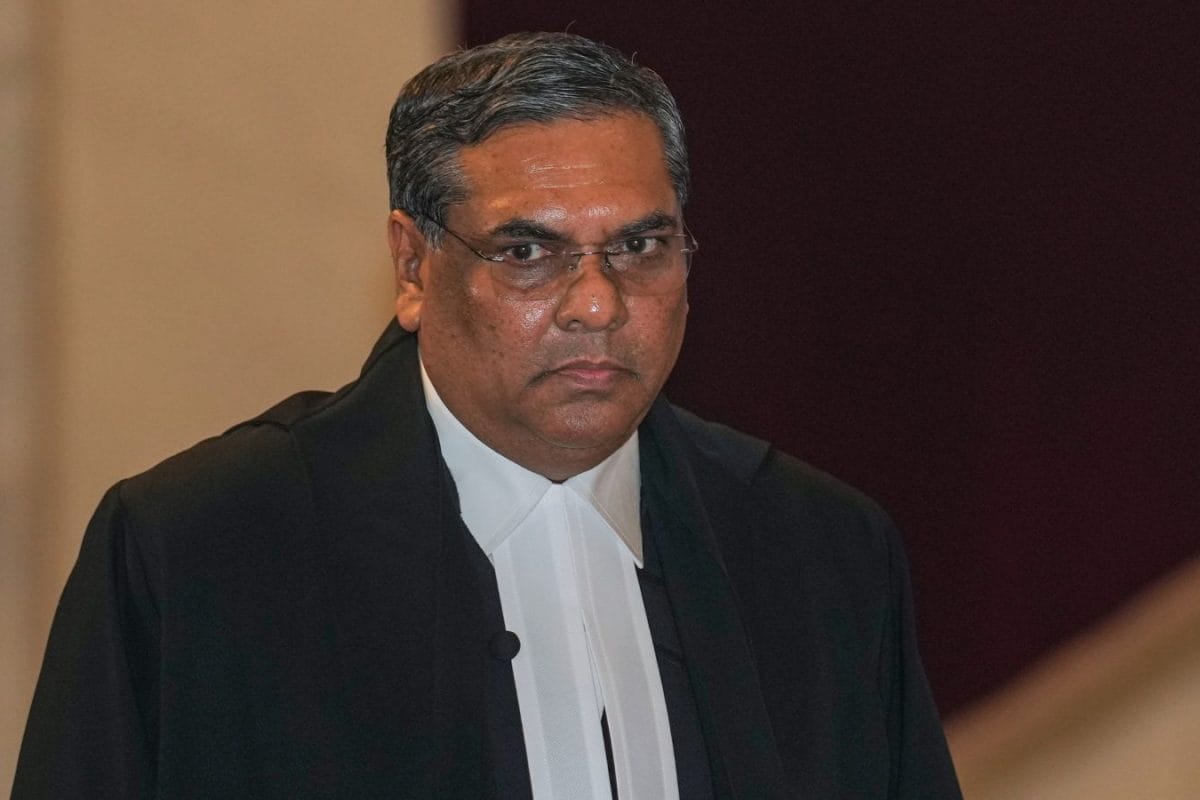

The Joint Parliamentary Committee (JPC) on "One Nation, One Election" (ONOE) continues its deliberations, with former Chief Justice of India (CJI) Sanjiv Khanna recently appearing before the committee to share his views. This follows similar presentations by former CJIs UU Lalit, DY Chandrachud and JS Khehar.
The JPC is currently examining the Constitution (129th Amendment) Bill, 2024, and the Union Territories Laws (Amendment) Bill, 2024, which aim to enable synchronized elections for the Lok Sabha and State Assemblies. The 39-member JPC includes 27 Lok Sabha MPs and 12 Rajya Sabha MPs, representing various parties, such as BJP, Congress, NCP, and Shiv Sena (UBT). The goal is to determine if the model of simultaneous elections, which was standard practice between 1951 and 1967, can be revived and adjusted for current political and legal realities.
Justice Khanna addressed the JPC for three hours, with the key takeaway being that the ONOE proposal does not violate the Constitution or its basic structure. P.P. Chaudhary, chairperson of the JPC, stated that Justice Khanna's input lends legal weight to the initiative, though he acknowledged the need for political consensus and practical safeguards. Justice Khanna found no direct conflict with the doctrine of basic structure, which restricts Parliament from altering core principles of the Constitution.
However, Justice Khanna also raised concerns regarding a specific provision in the bill. This provision allows the Election Commission of India (ECI) to postpone state elections under Clause 82A(5). While he supported vesting such authority in the ECI, he insisted on including safeguards to prevent potential misuse. Justice Khanna reasoned that the ECI is entrusted with conducting free and fair elections and possesses the most accurate understanding of prevailing circumstances, making it appropriate to vest this power in the Commission.
Despite acknowledging the growing political stability in India, Justice Khanna expressed skepticism about the bill's stated goal of reducing election frequency. He warned that premature dissolutions of state assemblies could still disrupt the synchronization of electoral cycles. He also noted that the provision giving the ECI "unfettered discretion" to postpone Assembly elections could be seen as violating the basic structure doctrine and Article 14, potentially leading to "indirect" President's rule.
The JPC has been engaging with various experts to gather diverse perspectives on the ONOE proposal. Previously, the JPC heard from academics and former lawmakers who emphasized the potential benefits of ONOE, including reduced policy paralysis, improved governance, and streamlined electoral processes. The committee has also examined the economic benefits of simultaneous elections, with experts highlighting potential GDP growth and increased investment.
Critics, mainly from opposition parties, have raised concerns about the potential erosion of federalism, state autonomy, and regional voices due to the ONOE proposal. The JPC aims to address these concerns and consider all aspects of the proposal before submitting its report. The Lok Sabha has extended the tenure for the JPC's report until the first day of the last week of the Winter Session in 2025.